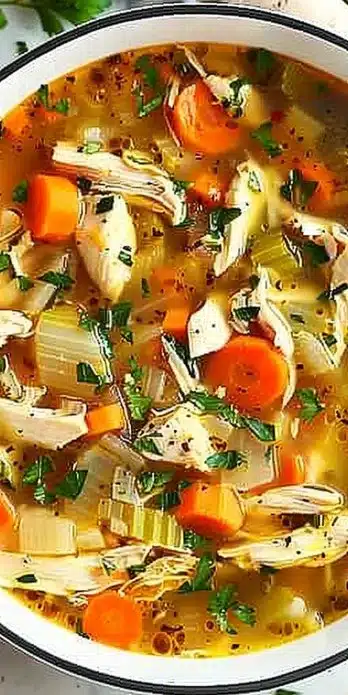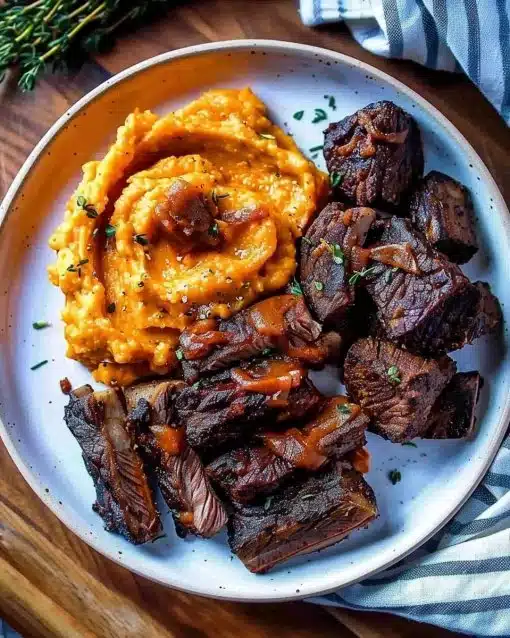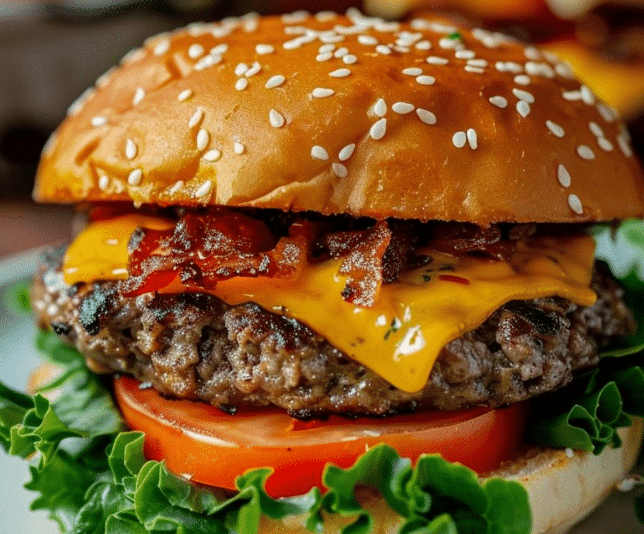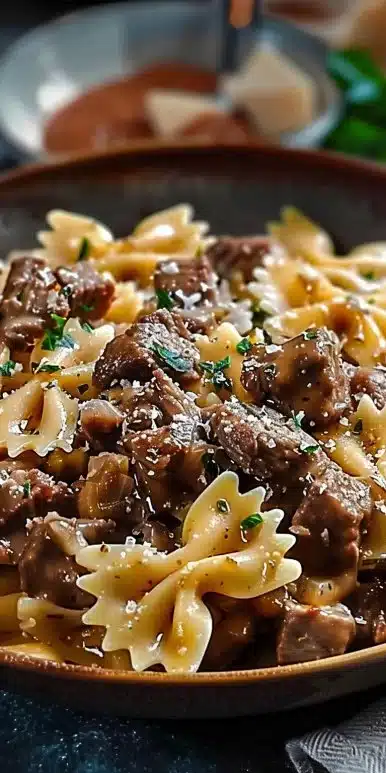10 Delicious and Healthy Vegetable Casserole Recipes for Family Dinners
vegetable casserole recipes : when it comes to planning easy, wholesome family meals, few dishes are as versatile and satisfying as a vegetable casserole. Not only are these meals packed with nutrients, but they also offer a comforting and flavorful way to enjoy your veggies. Perfect for busy weeknights or relaxing Sunday dinners, these casseroles are an ideal solution for feeding a hungry household.
Table of Contents
Beyond their taste and convenience, vegetable casseroles can be an excellent part of a balanced diet. According to the USDA’s MyPlate guide, vegetables provide essential vitamins, minerals, and fiber that support everything from digestion to heart health. And when prepared in casserole form, they’re an easy way to add seasonal produce and even whole grains into your family’s diet.
Plus, they align well with Mediterranean diet principles, which emphasize plant-based eating, healthy fats, and simple ingredients—all hallmarks of the recipes you’ll find below.
Health Benefits of Vegetable Casseroles
Vegetable casseroles are more than just delicious—they’re a smart way to:
- Boost vitamin intake (like A, C, and K)
- Improve digestion with fiber-rich vegetables and grains
- Help with weight management by keeping you fuller longer
- Support plant-based or flexitarian lifestyles
- Reduce food waste by using leftover veggies
10 Delicious and Healthy Vegetable Casserole Recipes
1. Baked Zucchini Casserole
- Highlight ingredient: Zucchini (high in antioxidants and water content)
- Quick prep: Slice, season, layer with breadcrumbs and cheese
- Perfect for: Side dish or light main
2. Cheesy Broccoli and Rice Casserole
- Nutrient powerhouse: Broccoli (vitamin C, fiber) + whole grain rice
- Creamy element: Cheddar and cream of mushroom soup
- Ideal for: Quick weeknight dinners or potlucks
3. Sweet Potato Quinoa Casserole
- Balanced combo of complex carbs and plant protein
- Includes: Sweet potatoes, quinoa, black beans, corn
- Season with cumin for warmth and depth
- Great for: Meatless Monday or post-workout meals
4. Cauliflower Cheese Casserole
- Star ingredient: Cauliflower (low-carb, vitamin C-rich)
- Sauce base: Roux with milk and shredded cheese
- Creamy and comforting: Ideal for fall or winter dinners
5. Eggplant Parmesan Casserole
- Layers of baked eggplant, marinara sauce, and mozzarella
- A lighter twist on classic Italian comfort food
- Pairs well with: Green salad or whole grain bread
6. Spinach and Artichoke Casserole
- Inspired by the beloved dip, made nutrient-rich with spinach and artichokes
- Mixed with cream cheese, sour cream, and Parmesan
- Serve with: Crusty bread or whole grain crackers
7. Butternut Squash and Sage Casserole
- Fall favorite: Butternut squash (fiber, vitamin A) + aromatic sage
- Roasted flavor enhanced by a simple olive oil drizzle
- Ideal for: Holiday sides or vegetarian main course
8. Green Bean Casserole with Almonds
- Classic with a twist: Almonds for crunch and heart-healthy fats
- Creamy base: Mushroom soup and fresh green beans
- Crowd-pleaser at: Thanksgiving or family potlucks
9. Mushroom and Wild Rice Casserole
- Earthy mushrooms + nutty wild rice = a flavor-packed base
- Add-ins: Onion, peas, and veggie broth for depth
- One of the best high-fiber vegetarian options
10. Tomato and Mozzarella Casserole
- Simple ingredients: Fresh tomatoes, mozzarella, basil
- Bursting with flavor and color
- Summer favorite: Perfect for using garden tomatoes

Tips for Making the Perfect vegetable casserole recipes
- Layer wisely: Start with heavier vegetables on the bottom (like sweet potatoes)
- Season generously: Use herbs like thyme, oregano, or garlic powder for more depth
- Mix textures: Combine creamy layers with crunchy toppings (like almonds or breadcrumbs)
- Bake uncovered: For a crispy top, remove foil halfway through baking
- Cheese strategically: Mix and match (e.g. mozzarella + cheddar) for melty goodness
Meal Prep & Storage Tips
- Cook large batches and portion into airtight containers
- Store in the fridge for up to 4 days or freeze for 2–3 months
- Reheat in the oven at 350°F until warmed through to retain texture and flavor
- Avoid microwaving crispy-topped casseroles to prevent sogginess
Common Mistakes to Avoid
- Overcooking vegetables: Slightly undercook before baking to retain texture
- Too much liquid: Watch for excess broth or sauce, especially when using high-moisture veggies
- Lack of seasoning: Taste and adjust as you layer for a balanced bite
- Mismatched ingredients: Avoid combining veggies with drastically different cooking times
Ingredient Substitutions & Customizations
- Swap dairy with plant-based cheese or cashew cream for vegan versions
- Use gluten-free grains like rice or quinoa instead of pasta
- Add tofu, beans, or lentils for a protein boost
- Customize with your favorite herbs or spice blends (like Italian seasoning or curry powder)
Frequently Asked Questions (FAQs)
What is the healthiest vegetable to put in a casserole?
Leafy greens (spinach, kale), cruciferous vegetables (broccoli, cauliflower), and fiber-rich picks like sweet potatoes and carrots are among the best options.
Can casseroles be made ahead of time?
Absolutely! You can prep, cover, and refrigerate for up to 24 hours before baking. Or freeze them for later use.
Are vegetarian casseroles filling enough?
Yes—especially when you include quinoa, beans, cheese, or eggs. These ingredients add bulk and protein.
What goes well with vegetable casserole?
- Fresh salads
- Whole grain bread
- Light soups (like tomato or lentil)
Can I use frozen vegetables?
Yes, just make sure to thaw and drain them first to avoid excess moisture in the dish.
This guide shows how vegetable casseroles can be both delicious and nutritious, perfect for any family dinner. Whether you’re looking for meal prep ideas, trying to eat more plant-based, or just need easy dinner solutions, these casseroles deliver both health and taste in every bite.






